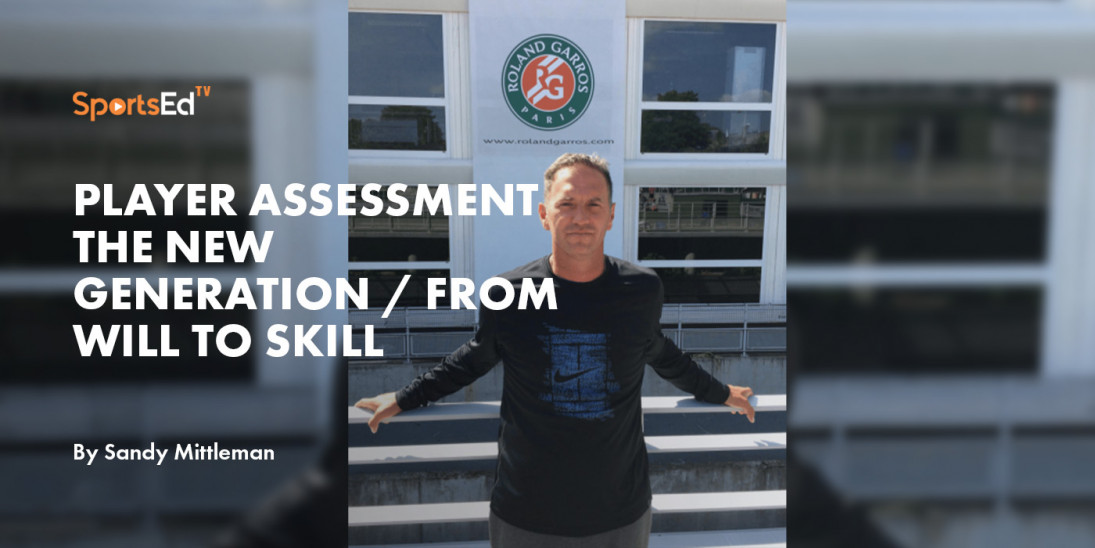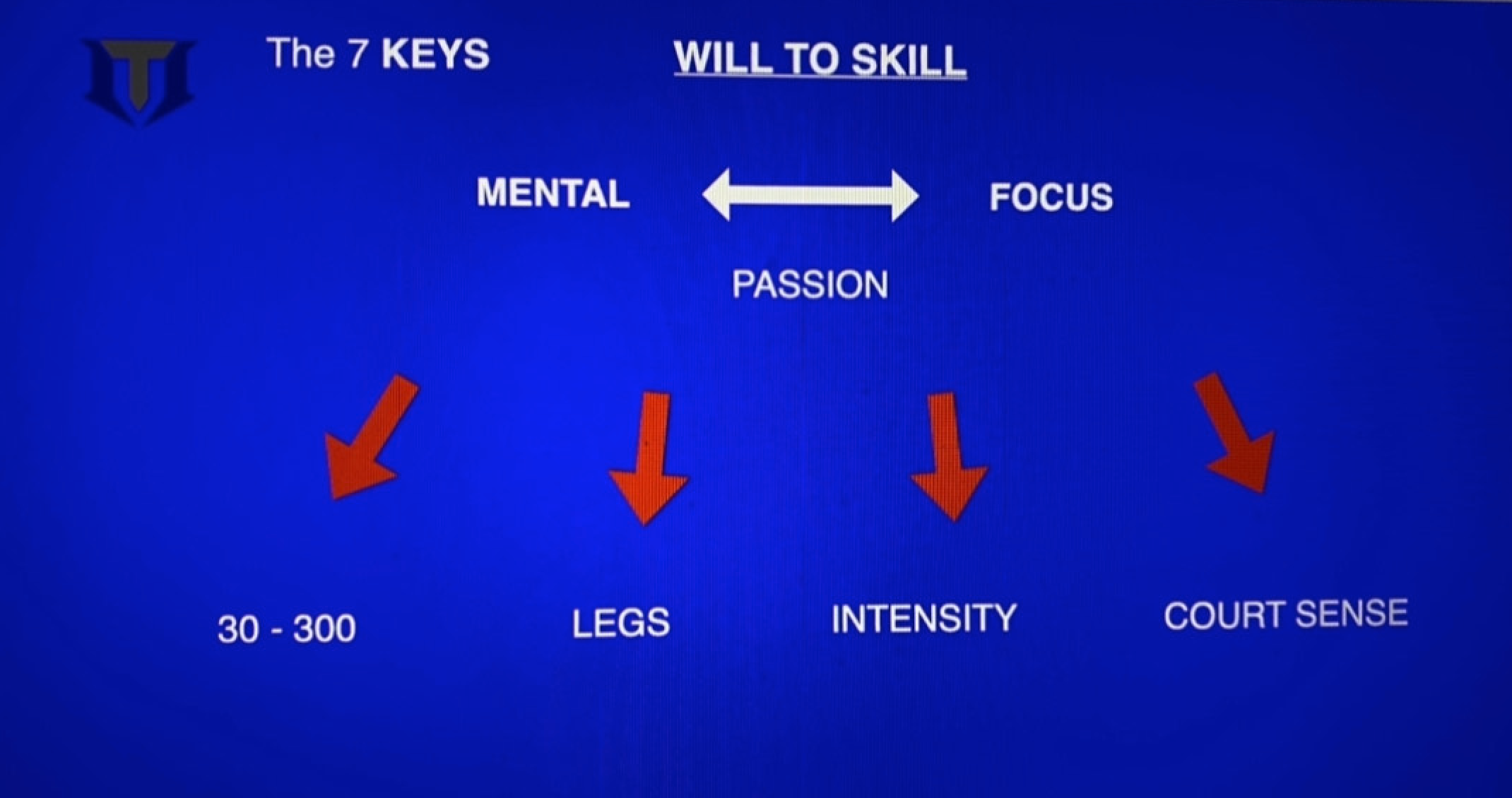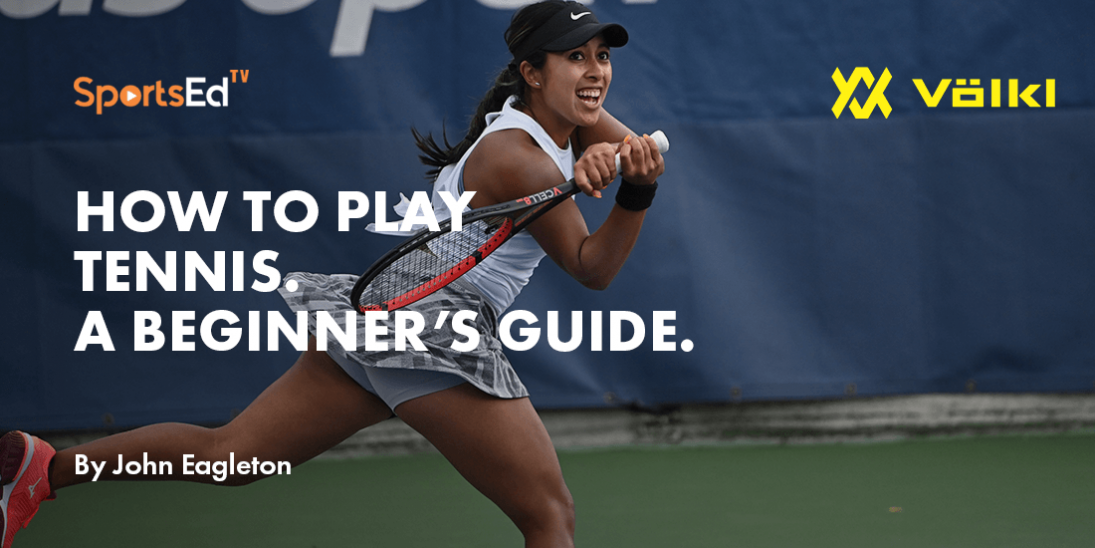Tennis
Welcome and thanks for visiting...

Player Assessment The New Generation / From Will to Skill

What is a player assessment and why do it?
A player assessment is a comprehensive overview of a player. Player assessments provide players, parents, and coaches a detailed overview of all aspects of the player’s game.
Player assessments cover everything from a player’s mental to technical parts of the game. The purpose of these assessments is to provide the player and parent(s) a breakdown of what the player needs to develop, why, and in what amount of time.
How do I approach producing a player assessment? I always begin by asking questions to both the player and parent(s). This allows me to guage what the player may feel during on court training and performing and what type of reactions I can anticipate seeing.
- What is your goal?
- Why do you play?
- How would you describe yourself as a person and player?
- What is your strength?
My 7 Keys are the following:

In the above slide, you will see my seven keys. They are always what I assess first before I begin to evaluate anything else. Additionally, as I begin to assess any player keep in mind that I always see a long-term vision for the player.
Assessments should be done once per quarter. Having an assessment expert provide you, your child and or your player a comprehensive assessment of their mental, emotional, physical, tactical & technical characteristics will allow a more accurate idea of how their development scheduling goals can be determined.
Player Assessments are done in many different circumstances: training, competition, training/competition, video analysis of training, video analysis of competition.
Is the player on clay court? If yes, is that their standard training surface or is this a unique circumstance? Is the player on hard court? If yes, is that their standard training surface or is this a special circumstance?
Player assessments are meant to be a breakdown of what you see in addition to providing an overview for what you want to see in the future. Player assessments should be done with the player in a challenging environment or circumstance.
When I do player assessments, I do not expect to see their best. I expect to see the player work exceptionally hard to make the best within the circumstance. The assessments can be manufactured or organic.
Manufactured player assessments mean that I am determining what the player is doing during the training, which gives me a certain expectation level when I do my “eye” test. Organic player assessments mean that I am asked to assess a player who is neither planned nor prepared. When this is the case, I take into consideration a variety of factors which include, the situation, environment, how and why I was asked to assess and by whom. Is it training or competition, and should the player be in a position to be full of energy, focused and with the best attitude?
There are merits to both organic and manufactured player assessments. Why I place such a premium on player assessments is because they provide a comprehensive honest overview of the details of the player’s game and what needs to be developed.
When the parent/player/coach takes to heart the assessment and truly has their long-term development interest, I will always see growth in a reasonable amount of time relative to how often the player trains and how detailed the coach is.
I have always believed that understanding the players’ goals, having a long term vision for their development, and doing periodic comprehensive assessments provides immeasurable reference points for the player, parent, and coach to outline the best plan and work.
Player assessments also provide guidance for the player to look at and into themselves to clearly define what and where their growth is. Too often, players and parents go from one training hour to the next, one tournament to the next, where results or a ranking determines development and growth.
I will often make an initial assessment based on a conversation with the parent(s) or coach about what expectations there are and what I can and should look for, why the player may be doing something well or be challenged by something, and their attitude towards it.
The reality of player assessments are that they are essentially comprised of three elements:
- Assessment of initial conversation with parent and parent/player
- On court assessment
- Assessment of the assessment overview, how does the parent/player react to my assessment
As we are on the heels of Roland Garros, I want to reference a specific thought process of how and why layer assessments on clay courts are so important and valuable. Clay courts create situations where a player is challenged physically, tactically, technically, mentally, emotionally, and creatively in ways in which they are not on hard courts so flaws are likely to show themselves with a panoramic lens.
There are many ways in which a player can be challenged on a clay court, assessing how the player navigates and manages those challenges will provide deep insights to be honest about in the assessment.
Players can win matches and not be developing. Players can lose matches and be developing. Being honest about your assessment and having the attitude that you are relentlessly pursuing the process will be your two greatest assets as you continuously work towards your goals and your pursuit of becoming the best version of yourself and most complete player you can be.
For any questions or comments, email me @ shmtennis@gmail.com or by phone @ +1978.815.1103 Whatsapp and follow me by going to www.mittlemantennis.com and all my social channels!





